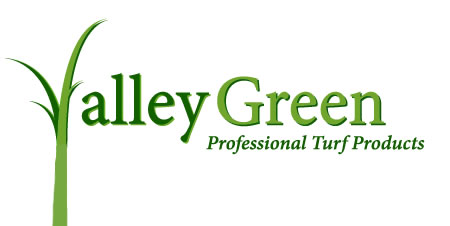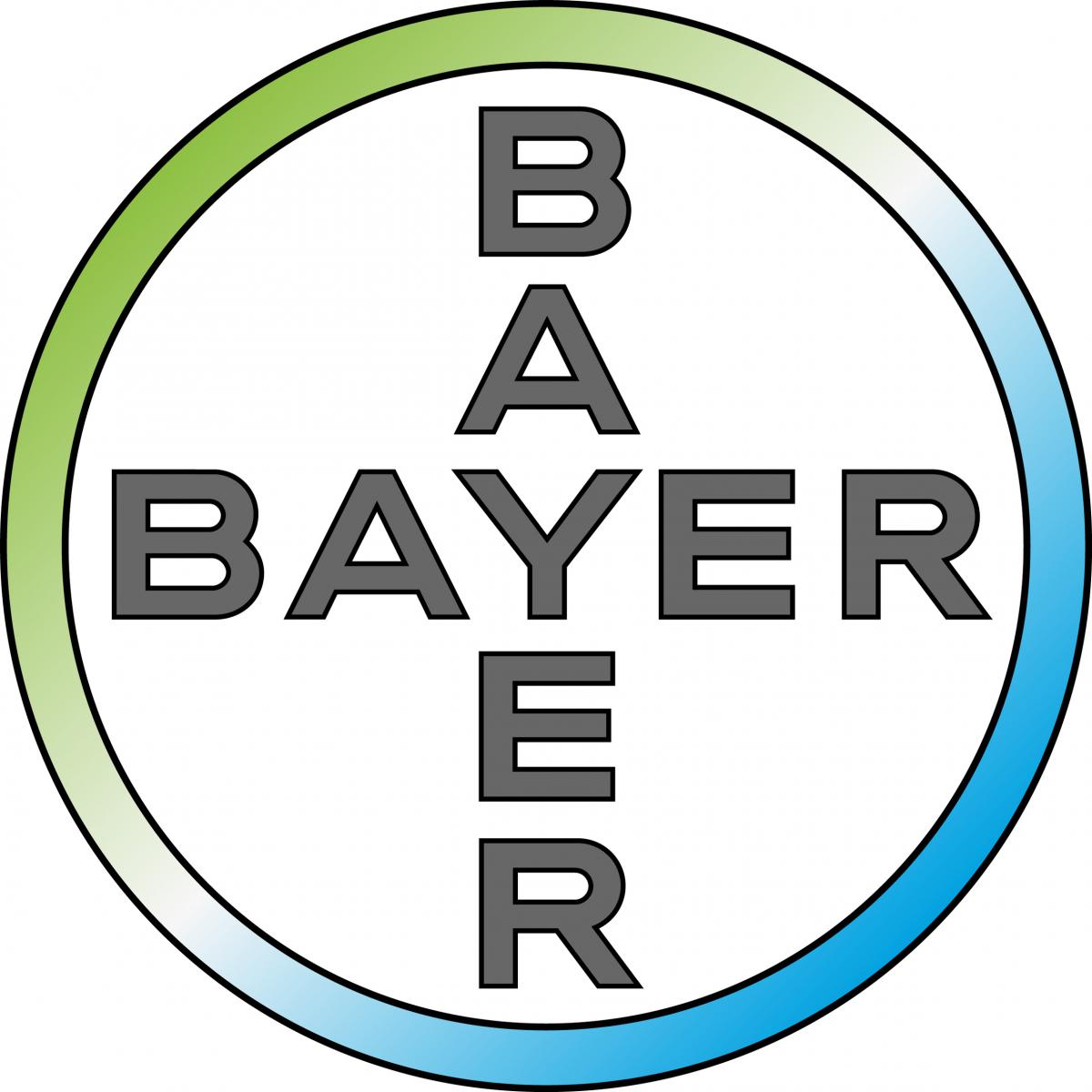Join us at UMass Turf Research Field Day to hear about and see research projects in the field, network with colleagues, and enjoy continental breakfast and a hearty barbecue lunch. Current UMass research includes studies on the biology and integrated management of turf-damaging diseases and insects, short- and long-term weed management, environmental stress physiology, fertility, drought management, and golf and sports surfaces, as well as a range of National Turfgrass Evaluation Program fine turf trials.
For more background information, visit our Research Field Day page.
Attendee & Exhibitor Registration
Pre-registration for UMass Turf Field Day is now closed. Attendees can register at the door on the morning of the event for $70, cash or check only. Questions? Contact Jason Lanier at (413) 545-2965; jdl@umass.edu or Mary Owen at (508) 892-0382, mowen@umass.edu
Agenda
6:15-8:15 - Exhibitor Check-In & Set-Up
8:15-9:00 - Attendee Check-In - Continental Breakfast - Trade Show
9:00-9:30 - Welcoming Remarks - Trade Show and Networking - Equipment Demonstrations
9:30 - Featured Research Presentation Tour:
- Wear Tolerance and Pace of Natural Grass Tennis Courts – Dr. Scott Ebdon, Professor, Turf Agronomy
Ball bounce and friction between the ball and impacting surface determines the pace (i.e., speed of play) of tennis courts. Grass court surfaces wear down under play; which determines their carrying capacity. These measurements also relate to wear and speed of other grass surfaces used in sports turf. Current results from this research will be presented. - Turf Insect Monitoring/Scouting Techniques Demonstration – Dr. Olga Kostromytska, Extension Assistant Professor, Turf Entomology
Insect monitoring is the backbone of any pest management action plan. It helps to determine presence, density of damaging insects and the correct timing for the management efforts. The most effective, up-to-date techniques for turf insect sampling will be discussed and demonstrated. - Landscape Establishment of Native vs. Non-Native Shrubs and Planting Technique – Dr. Amanda Bayer, Extension Assistant Professor, Sustainable Landscape Horticulture
Plant establishment in the landscape is dependent on many factors including water availability and proper planting. It is frequently reported that native plants establish more quickly than non-natives. Current UMass research is looking at landscape establishment of native and non-native shrubs planted with three different root ball preparation techniques, which will be demonstrated in this presentation. - What’s New in Selective and Non-Selective Control of Weeds in Turf Systems? – Dr. Prasanta Bhowmik, Professor, Weed Science
Plots will be set up to demonstrate the performance of several new (MOA) compounds for broadleaf weed control along with commonly used products. Also, vegetation control plots will be set up to show comparative performance of non-selective products (alternatives to glyphosate). - Evaluation of Drought Resistance and Recovery of Kentucky Bluegrass and Tall Fescue Cultivars – Dr. Michelle DaCosta, Associate Professor, Turf Physiology
We will present on a new trial examining the drought responses of 15 Kentucky bluegrass and 18 tall fescue cultivars under reduced irrigation. This is a joint project funded by the National Turfgrass Evaluation Program and United States Golf Association, with UMass as one of the five evaluation locations around the country. - Successful Re-Establishment Following Winterkill – Dr. Lindsey Hoffman, Research Associate, Turf Physiology
This research is designed to explore potential barriers to successful re-establishment of creeping bentgrass under sub-optimal temperature conditions typical of spring months. We will discuss the extent of genetic variability among creeping bentgrass cultivars for low temperature germination and seedling vigor, as well as potential use of priming compounds and alternative cool-season species for enhanced recovery. -
Exploring the Impact of Rolling on Dollar Spot Suppression for Fairway Turf - Michaela Elliott, Research Associate, Turf Pathology
The practice of rolling has been shown to reduce dollar spot severity on putting greens, with similar anecdotal reports on fairways. In 2015, UMass began a 3-year study to explore the effect of rolling on fairway dollar spot reduction, as well as determine optimal rolling frequencies while also exploring interactions with bio-control products and nitrogen fertilizers. Michaela Elliott will outline some of the data collected from this study. -
Field Efficacy of SDHI Active Ingredients on Multiple SDHI Resistant Field Isolates of Sclerotinia homoeocarpa, the Causal Agent of Dollar Spot - Geunhwa Jung, Professor, Turf Pathology
S. homoeocarpa has developed resistance to many systemic fungicide classes including most recently the succinate dehydrogenase inhibitor (SDHI class). In 2016-2017, UMass collected field isolates from golf courses in Japan and the United States exhibiting SDHI resistance. In 2018, following in-vitro sensitivity assays and DNA sequencing, UMass conducted field efficacy studies on plots inoculated with 3 resistant field isolates carrying 3 distinct SDHI mutations. Dr. Geunhwa Jung will discuss the findings of this study. - Organic Landcare Practices in Maintaining Sustainability of Athletic Field Turf - Dr. William Dest, Professor Emeritus, University of Connecticut
Much interest in recent years has been directed toward turf management programs that do not used synthetic fertilizers and pesticides. A long-term study, which is entering its 10th year, seeks to evaluate organic management in producing acceptable athletic turf when compared with more traditional management systems. Long-term changes in soil properties are also being studied.
-
Effect of Different Pre-Emergence Materials for Annual Grassy Weed Control at Spring Establishment – Randall Prostak, Extension Educator, Weed Management
Effective management of annual grassy weeds such as crabgrass is vital for the success of spring turf establishment projects. Randy Prostak will report on the results of a demonstration project conducted this spring assessing the performance of various materials, including quinclorac and mesotrione, in comparison with untreated control plots. -
The day will also include a nematology display in the lab of the Research Center building hosted by Dr. Robert Wick. Attendees have the option to drop off soil samples for lab analysis ($75 fee, won’t be processed on-site).
12:00 - Educational Program Wrap-Up
12:15 - All American Barbecue Lunch
Pesticide & Professional Credits
UMass Turf Research Field Day has been approved for 1.5 pesticide re-certification contact hours for Massachusetts category 37 (turf) and the applicator's license. Credits are valid for equivalent license categories in all New England states.
Professional credits:
- 1 credit for the Massachusetts Nursery and Landscape Association's MCH certification
- 4 CEUs for the Northeast Organic Farming Association's AOLCP certification
- 1 credit for the Massachusetts Association of Landscape Professionals MCLP certification
- 0.25 Education Points for the Golf Course Superintendents Association of America CGCS certification
- 0.225 CEUs for the Sport Turf Managers Association CSFM certification
Contact
Jason Lanier at (413) 545-2965, Mary Owen at (508) 892-0382, or e-mail fieldday@umassturf.org





